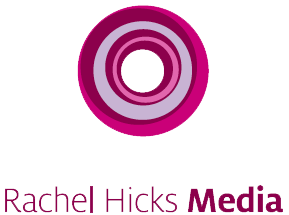By Rachel Hicks
The airwaves crackled as Diane Abbot fumbled and stumbled her way through some straight forward figures in a radio interview this week. Just for good measure she threw in some accidental sexism by twicesuggesting that only men could police our country.
Whatever figure our police officers may or may not get paid under Labour, was not at all clear.
It was inexcusable to agree to an interview and get is so wrong.
So how do you avoid doing a Diane Abbot/Natalie Bennett/Chloe Smith...?
1. Know Your Facts.
Know them inside and out. Prepare thoroughly.
Scope the horizon for what is current and expect to be asked about it.
Be absolutely watertight.
Do not accept an interview unless you are, or you will end up discredited… or worse - like this, a laughing stock https://youtu.be/GFELLK8htKM
2. Don’t Guess
It’s not “I Spy”.
You are paid, or hold a public position, to know your facts. By guessing you’re not only revealing your shortcomings but insulting your staff or voting public.
Above all else, guessing gets you into much hotter water. The sum of your grasping, muddled attempts to find the answers will provide a far more entertaining and memorable spectacle for your audience to pick apart with glee, over and over again.
3. Stop Digging
If you haven’t got the answer, you are going to have to confess. Then move on with elegant speed. Try and find something else to engage the journalist. They are not dissimilar to Magpies.
Draw a line under the topic / angle and offer something different on the same story or a new issue altogether.
Do not be drawn into talking about something you do not have the facts to back up.
Ever.
And that goes for you too, Bill Shorten!
Rachel Hicks is Head of Media Training at Rachel Hicks Media Ltd. For more information about our media training courses or to book one, contact us at: rachel@rachelhicksmedia.co.uk or visit our website: www.rachelhicksmedia.co.uk Twitter: Rachelhmedia


